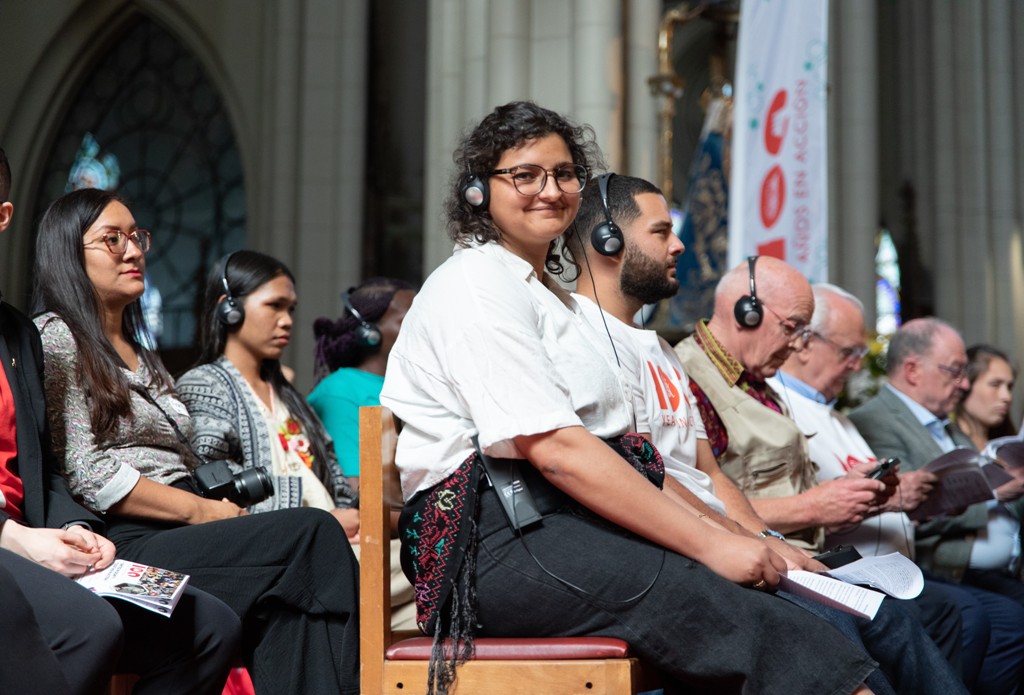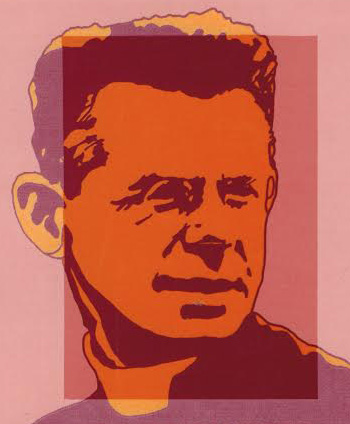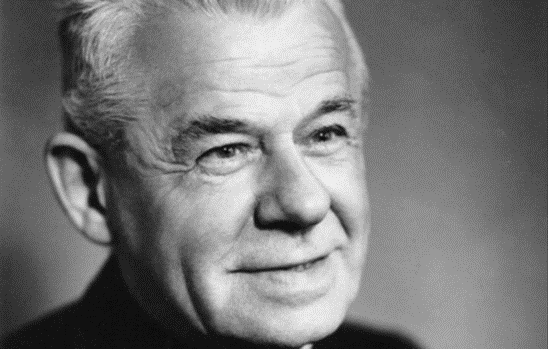By Jean-Pierre Delville, bishop of Liège (Belgium)

“What was written and what you have just heard is happening today,” said Jesus in the synagogue at Nazareth (Luke 4:14-21). He was reading a passage from the prophet Isaiah announcing good news to the poor and freedom to the oppressed. Joseph Cardijn, too, a hundred years ago, could say: “What was written and what you have just heard is happening today,” because Cardijn announced good news to young workers: he was founding the YCW, the Young Christian Workers, with them and opening up a new future for workers.
And in 2025, we can say once again: “What was written and what you have just heard is happening today,” because the YCW has become a global movement and the good news has spread across the whole world. Today, some people in the US are celebrating their first 100 days with great fanfare. But we, in the YCW, are celebrating our 100 years! That's much better!
The text of the prophet Isaiah, which Jesus updates, specifies that he is sent to proclaim the gospel to the poor, liberation to the captives, sight to the blind; he is sent to set the oppressed free and to proclaim a favorable year to all. It is true that Jesus healed the sick and proclaimed the good news to the poor. He loved beyond convention and obligation. He loved freely. This commitment of Jesus became a mission for his disciples and has come down alive to us today.
This was achieved in particular thanks to Joseph Cardijn and the YCW. It was at the age of twelve, in 1894, that Cardijn, listening to the preaching of a democrat priest, Adolphe Daens, wanted to show solidarity with the workers. This was a time when the extreme poverty of workers in industrial cities was finally being recognized, and people were beginning to mobilize for social legislation to protect workers. It was in this context that the young Joseph Cardijn decided to become a priest himself and to devote himself to the working class. Cardijn's vocation was therefore marked by shock and indignant outrage at the poverty of the workers. I would like to emphasize the relevance of this awareness today.
Today, many people in our world still suffer from extreme poverty: poverty prevails in many countries in the South, injustice weighs heavily on populations suffering under dictatorial regimes, working conditions are often very harsh, there is no social security or health care, and ecological and climatic conditions are worsening, putting many people at risk. We therefore need renewed awareness and indignation that will spur us into action.

This is why young people have an important role to play in this area: young people are more sensitive than adults to injustice. It is therefore a joy for us today that young people in the YCW are outraged by the conditions in our world, just as young Cardijn was outraged in his days.
In 1906, Joseph Cardijn was ordained as a priest. He studied trade unionism around the world closely. But in 1912, he launched an innovation. Appointed curate at Laeken, here in this church near Brussels, he settled in the working-class neighborhoods and brought young workers together in small teams, thus laying the foundations for the Young Christian Workers movement. Together with the young workers, he created study and discussion circles on social issues with a view to taking action. He therefore realized that it was necessary to do more than the trade unions, that political commitment was not enough, but that social awareness also had to be created. Workers needed not only material protection, but also cultural and spiritual education. Moreover, this education had to involve young people in personal exploration, rather than simply imparting knowledge from above.
The youth groups around Cardijn became more structured: they called themselves Jeunesse syndicaliste chrétienne (Christian Trade Union Youth) in 1919, then Jeunesse ouvrière chrétienne - JOC (Young Christian Workers, or YCW) from 1925 onwards. This was a time when people were becoming aware of youth as a specific cultural world; it was also the era when major movements such as the Scouts were emerging. It was against this backdrop of a new awareness of young people's potential that Cardijn positioned himself. These youth movements were made up of young people who took responsibility for other young people. They quickly developed a women's section too. This led to shared responsibility among young people. They showed a new face of the Church, which was no longer linked solely to the local parish but was based on the social reality of the group of young workers.

This awareness of the youth world is more crucial today than ever before. In a world that is changing rapidly due to new technologies, young people are at the forefront of change, but their awareness must be shaped, as Cardijn did with his study circles and the founding of the YCW.
With Fernand Tonnet, Marguerite Fiévez, and others, the YCW groups became a movement. They adopted the See-Judge-Act method as their working method. This is also called the inductive method, as opposed to the deductive method. The deductive method starts with theory and leads to action. The inductive method starts from observations in the field (the “seeing”), analyzes these situations in the light of the Gospel, the life of Jesus, and social work tools (the “judging”), and then leads to action (the “acting”). This method is scientifically rigorous and will prove to be rich in promise and potential. It is the method used by Pope Francis in his major documents on the family (Amoris laetitia), on ecology (Laudato si) and on pastoral commitment (Evangelii gaudium). The usefulness of Cardijn's approach is clear! It permeates the whole life of the Church at the pastoral level. It is the basis of our commitments and enables us to move forward in a renewed way in sensitive areas such as ecology and emotional life.
Joseph Cardijn had a strong missionary awareness. He sensed that the message of the Gospel of Jesus Christ, carried by young workers, had to spread and have an impact on many people. He himself was an enthusiastic and dynamic speaker. He inspired confidence through the strength of his convictions. This strength was the strength of love. It was a force that was contagious. All who knew him bear witness to this strength. For the cause of young workers around the world, he undertook more than twenty international trips. He became an architect of justice throughout the world. This global awareness continues to inspire us today. That is why we are gathered here today from so many countries, cultures, and continents. Our cause is global and must be developed ever further for the good of humankind. Pope Francis showed us the way, as the first pope from Latin America, who took up the defense of immigrants and refugees. He challenged us to overcome fear and doubt and to dare to leave our churches to be present on the peripheries of the world. The missionary and universal dimension is a characteristic feature of Joseph Cardijn, and this is what Pope Paul VI wanted to emphasize when he created him cardinal in 1965, that is, when he promoted him to the level of the universal Church. Let us hope that his spirit will continue to influence the next pope, whom we await in the Catholic Church.
Dear friends, let us be convinced that Cardinal Cardijn has lost none of his relevance, that he continues to encourage us today and that he prays for us and for all the victims of our world. He would be thrilled to attend our gathering and see that the YCW is still young even as it celebrates its centenary! Alleluia!




 English
English  Español
Español  Français
Français